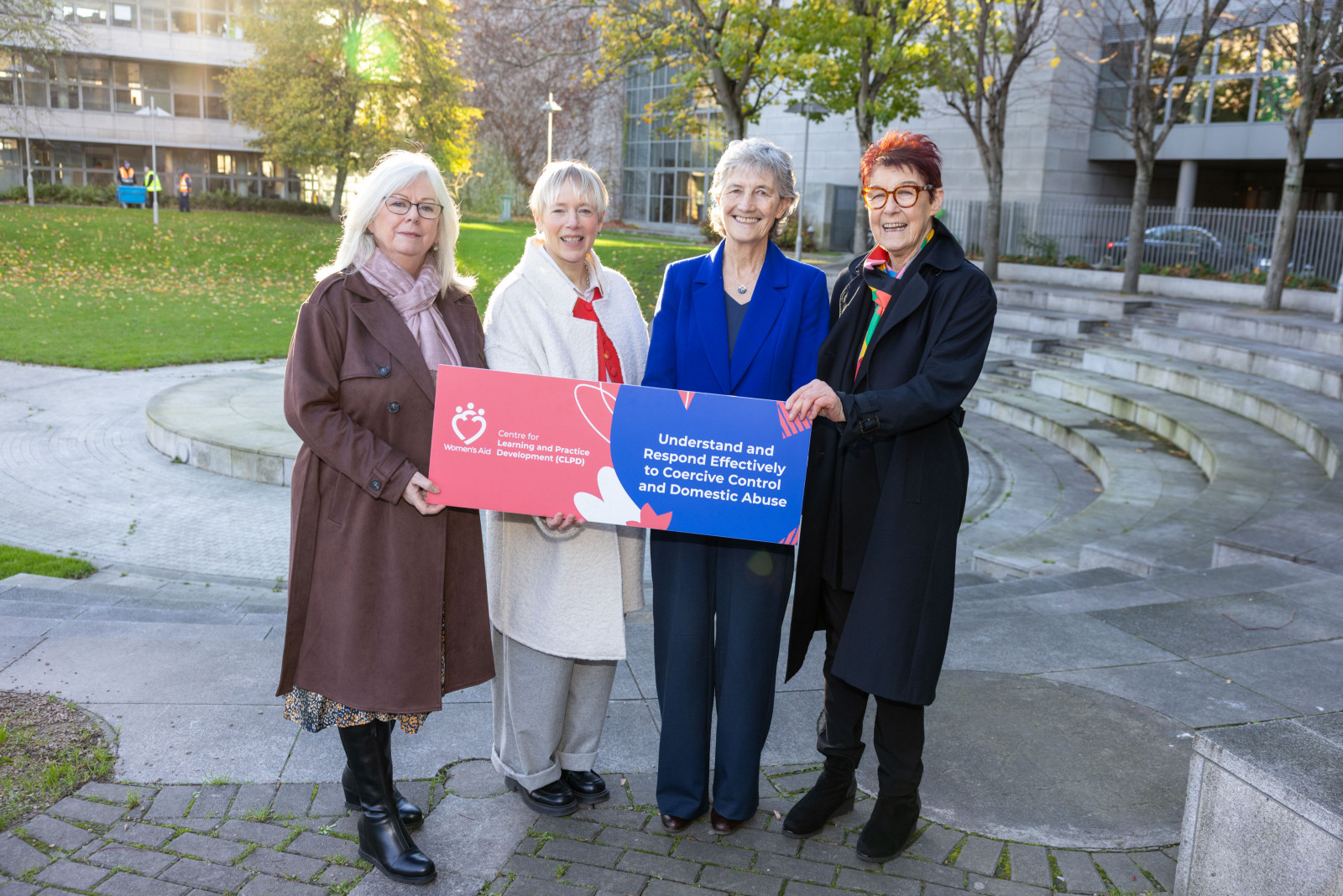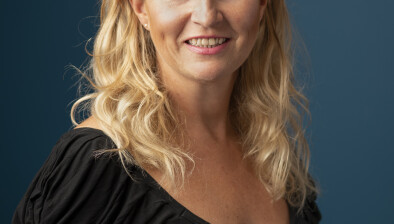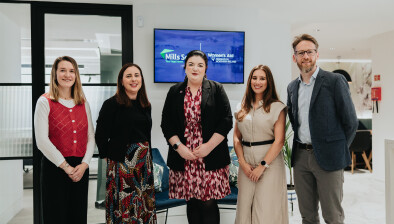New centre to ‘transform understanding and response to’ domestic abuse

Women’s Aid has launched a new Centre for Learning and Practice Development which aims to transform how Irish society understands and responds to domestic abuse and coercive control.
President Catherine Connolly today delivered the opening address at the launch of the new centre, which will provide targeted programmes and practice sessions, both online and in-person, for employers and professionals.
Legal professionals form part of the target audience for the centre’s work, alongside professionals in the health, community and voluntary, law enforcement, and children and young people sectors, as well as specialist domestic abuse professionals.
Today’s launch event coincides with the International Day for the Elimination of Violence against Women and the start of the 16 Days of Activism against Gender-Based Violence.
The first initiative launched by the new centre is a free programme for “allies and informal supporters”, which is aimed at family and friends of victims of coercive control.
Suzanna Knight, head of the Centre for Learning and Practice Development, said: “Domestic, sexual, and gender-based violence continues to be one of the most pervasive public health issues and human rights violations with one in three women subjected to domestic abuse in Ireland.
“Every day, Women’s Aid and other frontline services hear from women whose lives are harmed by fear, abuse and control by someone who is supposed to love them.
“The numbers remain stark, and behind every statistic is a person — a woman, a child, a family — whose safety and wellbeing depend on the quality of the responses they receive.”
Ms Knight said the new centre “stands firmly within” the vision set out in the government’s third national strategic on domestic, sexual and gender-based violence.
She said: “It exists because we know that achieving the goals of the national strategy requires more than goodwill, more than awareness, and more than isolated training sessions.
“It requires sustained learning, embedded practices, and a culture shift across professional disciplines and within communities.”
Linda Smith, head of the National Freephone Services at Women’s Aid, added: “Domestic violence touches every sector — healthcare, education, social services, law enforcement, early years care, community organisations, workplaces, and families themselves. Yet we know that responses are still inconsistent.
“Too often, women using the National Helpline Services tell us of feeling disbelieved, silenced, shamed and too afraid to tell someone what is being done to them. Women have told us that no one asked what was happening, or when they tried to bring it up, the person didn’t know what to do.
“We regularly hear from women feeling drained and vulnerable having had to repeat their story time and again when engaging with systems. This can be very harmful and prolong women’s experience of abuse. We also hear from family and friends who are worried about doing the wrong thing when supporting someone they care for.”
Ms Knight said these gaps are “not due to lack of compassion or effort” but instead “stem from a lack of structured, evidence-based, practice-informed training available to the people who are most likely to encounter victims in their daily work”.
She continued: “Our vision for this centre is simple but ambitious: that every woman in Ireland — no matter where she lives, who she speaks to, or what door she knocks on — meets a trained, skilled, compassionate, and confident response.
“A response that recognises victims’ strength, holds perpetrators accountable, that listens without judgement, that prioritises victims’ safety and a response that understands coercive control, trauma, and the complex realities victims’ face. Ultimately, a response that empowers victims to make choices and supports them on the path ahead.
“This could be potentially lifesaving.”










